Search Results
Showing results 61 to 80 of 411
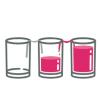
Walking Water
Source Institutions
In this activity, learners will be working with a sort of scientific magic, capillary action! They will set up 3 cups of water of different colors, connect them with paper towels and wait.
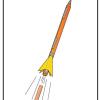
3...2...1 Puff!
Source Institutions
In this activity, learners build small indoor paper rockets, determine their flight stability, and launch them by blowing air through a drinking straw.
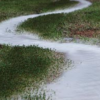
Stream Table
Source Institutions
In this activity, learners use aluminum trays and wooden blocks to form stream tables to investigate river formations in two different landscape scenarios.

Terrestrial Hi-Lo Hunt
Source Institutions
In this outdoor activity, learners search for the warmest and coolest, windiest and calmest, wettest and driest, and brightest and darkest spots in an area.
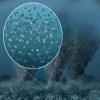
Searching for Life
Source Institutions
In this activity, learners discuss how life is defined and conduct a simple experiment, looking for signs of life in three different “soil” samples.
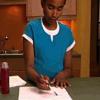
Invisible Ink
Source Institutions
In this simple chemistry activity (page 1 of PDF under SciGirls Activity: Colorblind Dogs) about acids and bases, learners will mix a baking soda and water solution and use it to paint a message on a

Moisture Makers
Source Institutions
In this outdoor activity, learners compare the moisture released from different kinds of leaves and from different parts of the same leaf, by observing the color change of cobalt chloride paper.
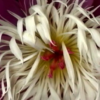
The Colors of Flowers
Source Institutions
In this activity, learners perform an experiment to find out what determines a flower's color.
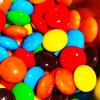
Sweetly Balanced Equations
Source Institutions
In this (edible) activity, learners balance chemical equations using different kinds and colors of candy that represent different atoms. Learners will work in pairs and explore conservation of atoms.
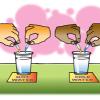
Molecules in Motion
Source Institutions
In this activity, learners add food coloring to hot and cold water to see whether heating or cooling affects the speed of water molecules.
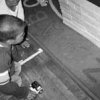
Designing a Wall
Source Institutions
In this engineering activity (page 5 of PDF), young learners investigate how materials and design contribute to the strength of a structure, particularly walls.
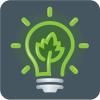
Making Connections: What You Can Do To Help Stop Global Climate Change
Source Institutions
In this cooperative learning activity, learners visit ten stations and are challenged to think critically about various conservation questions and issues.
Light on Other Planets
Source Institutions
In this math-based activity, learners model the intensity of light at various distances from a light source, and understand how astronomers measure the amount of sunlight that hits our planet and othe
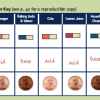
Copper Cleanup
Source Institutions
In this hands-on experiment, kids use chemistry to explore whether acids or bases are better at restoring a penny’s shine.
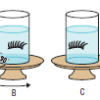
Visualizing How the Vestibular System Works
Source Institutions
In this activity (page 59 of the PDF), learners spin and observe false eyelashes in jars of water (prepared at least 1 day ahead of time) to investigate the effects of different types of motion on the
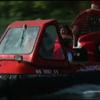
Balloon Hovercraft
Source Institutions
In this activity (on page 2 of the PDF under GPS: Luge Activity), learners will construct a model hovercraft out of an empty spool and a piece of cardboard.
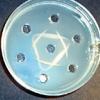
Antigen-Antibody Testing: A Visual Simulation or Virtual Reality
Source Institutions
In this biology activity, learners use plastic pipettes to cut wells into the solid gel layer of agar in petri dishes and place solutions of simulated antigen and antibody preparations into the wells.
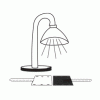
Understanding Albedo
Source Institutions
In this activity related to climate change, learners examine albedo and the ice albedo feedback effect as it relates to snow, ice, and the likely results of reduced snow and ice cover on global temper
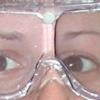
Altered Reality
Source Institutions
In this activity, learners discover that the human brain is highly adaptable. Learners try to toss beanbags at a target while wearing prism goggles.

Mapping Sea Level Rise
Source Institutions
In this activity related to climate change, learners create and explore topographical maps as a means of studying sea level rise.
